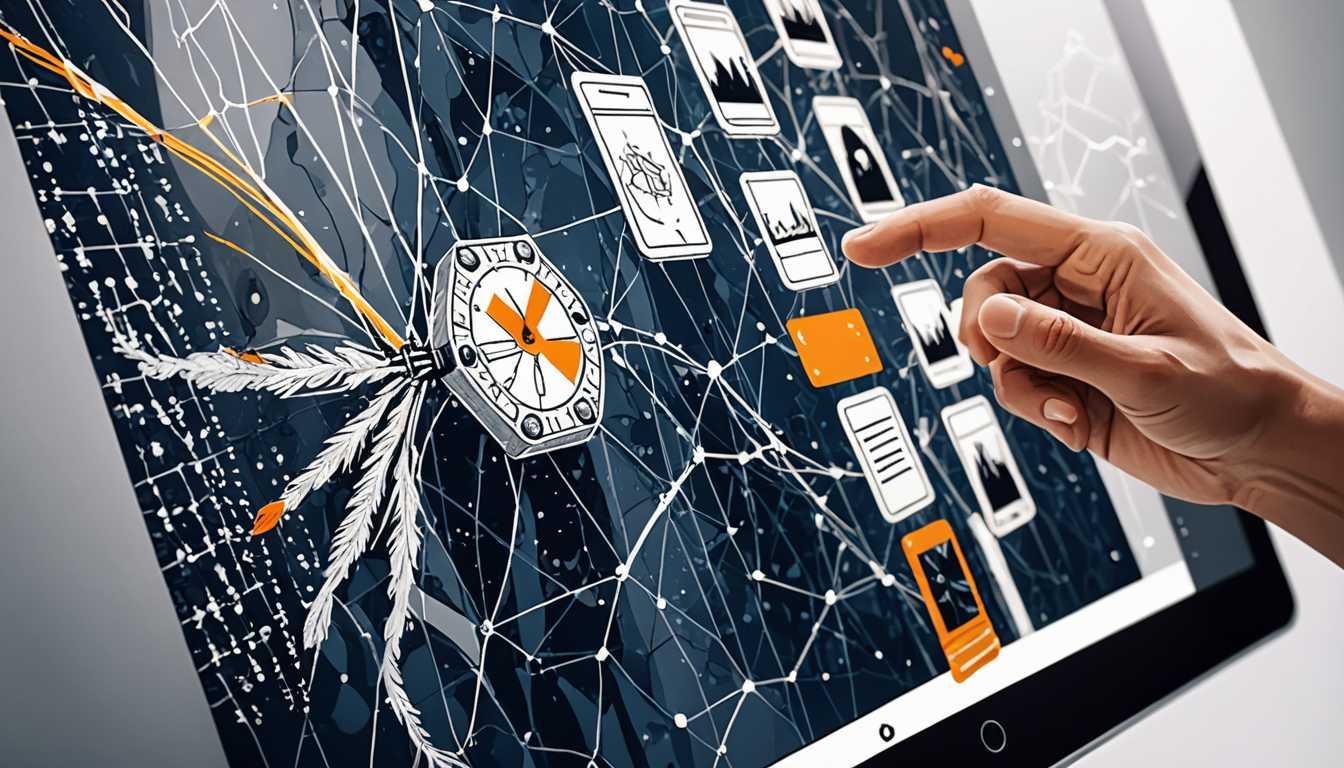AI: The Future of Supply Chain Resilience
July 2024
MIT Technology Review
Introduction
Hey there, future innovators! Ever wondered how companies like Amazon managed to thrive during the chaos of the pandemic? Dive into "Building Supply Chain Resilience with AI" from MIT Technology Review, and discover how businesses are harnessing AI to keep their operations smooth and customers happy. With real-time visibility and smart tech, companies like Nutrien are turning challenges into opportunities. Be ready to explore how resilience is the name of the game in today’s complex world!
READ FULL ARTICLEWhy It Matters
Discover how this topic shapes your world and future
Building Blocks of Supply Chain Resilience
Have you ever thought about how your favorite snacks make it to the store or how your latest gadget is delivered right to your doorstep? The concept of supply chain resilience is at the heart of these processes! Resilience in supply chains means that businesses can adapt to unexpected challenges—like the disruptions we faced during the pandemic—and still meet their customers' needs. This is important not just for companies but also for the global economy. When supply chains are resilient, it helps ensure that products are available when and where we need them, which can lead to better customer satisfaction and even economic stability in tougher times. As you navigate your own academic and personal goals, think about how developing resilience can help you overcome obstacles and succeed!
Speak like a Scholar
Supply Chain
A network of businesses and individuals involved in creating and delivering a product, from raw materials to final delivery to customers.
Resilience
The ability to recover quickly from difficulties or disruptions, in business, it refers to how well a company can adapt to changes or challenges.
Artificial Intelligence (AI)
Technology that allows machines to learn from data and perform tasks that typically require human intelligence, such as understanding language or recognizing patterns.
Machine Learning (ML)
A subset of AI that focuses on building systems that learn from data and improve their performance over time without being explicitly programmed.
Visibility
The ability to see and understand what is happening at every stage of the supply chain, which helps companies make better decisions.
Cloud Technology
A system that allows businesses to store and access data and applications over the internet instead of relying on local servers or personal computers.
Independent Research Ideas
The Role of AI in Supply Chain Management
Investigate how companies are using AI to enhance their supply chain efficiency and customer service. This topic can lead to discussions about technology's impact on business practices.
Climate Change and Supply Chain Resilience
Explore how environmental factors influence supply chains and what businesses are doing to adapt. This is a great way to connect business studies with environmental science.
Data Privacy in Supply Chains
Examine the ethical considerations of collecting and using data in supply chains. This topic can intersect with technology, ethics, and law.
Globalization and Supply Chain Dynamics
Research how global events, like pandemics or geopolitical tensions, affect supply chains across different industries. This could help you understand the interconnectedness of the world.
The Future of Work in Supply Chain Management
Look into how technology is changing the jobs within supply chains and what skills will be needed in the future. This topic blends business, technology, and career development.
Related Articles

AI and Humans: Partners in Decision-Making
January 2025
LSE Business Review

Winning the AI Skills Race
October 2023
London School of Economics (LSE)

Data's Hidden Goldmine Unveiled
October 2023
MIT Technology Review

Human vs. Bot: The Approval Battle
December 2022
Wharton School of the University of Pennsylvania

AI and Humans: Future's Power Duo
December 2023
London School of Economics (LSE)